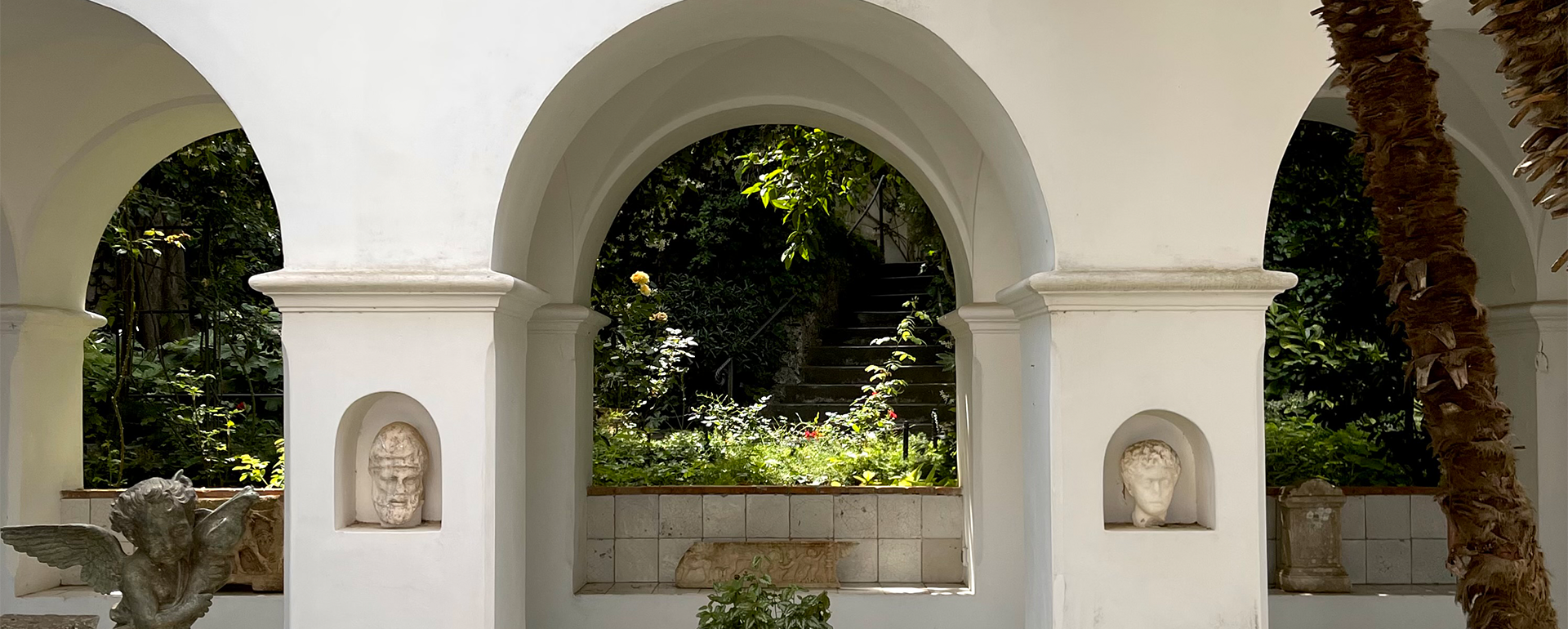- About
-
Discover
City Guides, Tour Guides, Insider's Guides
-
Experience
Book your next trip
-
Lab
Book the digital Experiences
-
Hidden Gems
Hotels. Restaurants, Bars
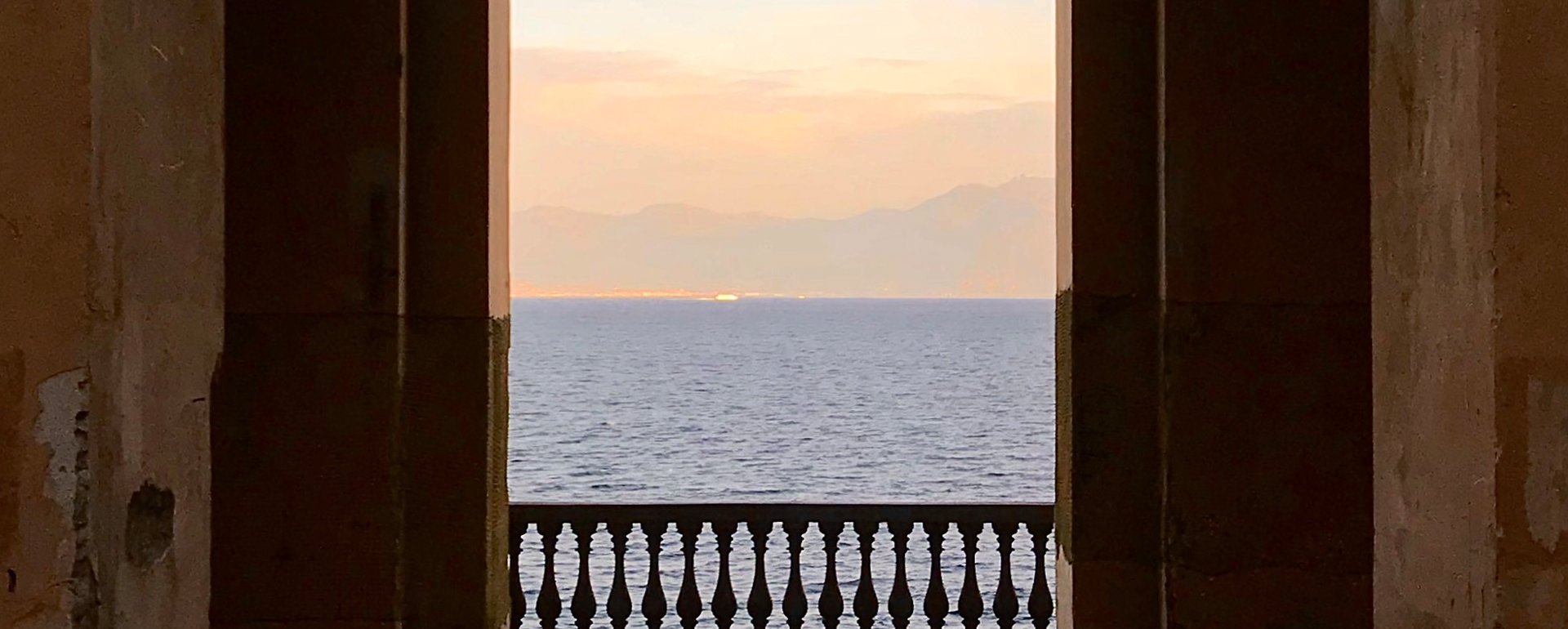
Editor: Elisa Carassai
Curator: Paolo Abate
To cite the Editor and champion of talents Giancarlo Di Trapano “wild how Paris in the 20’s is happening in Napoli this century”. Naples has always been a place where artists and great minds alike seemed to gravitate in one way or another – but recently, also courtesy to the books, films and series which have been set in this wonderful town – been given its true recognition. However, it isn’t it's evident beauty and proximity to the seaside that makes it so unique to many.
Naples is gritty and chaotic, a true mess – in all its glory, the sun, the intimate dynamics, the imperfectly beautiful romanticism. The happiness of Naples is authentic since it is derived from every moment, and this is what we’ll be trying to share in our guide to this hometown – ours and our curators’ favorite places around the Neapolitan gulf.
As our curator tells us, recounting a visit to Palazzo Donn’Anna, a historical residence perched on a cliff overlooking the sea in the Mergellina area and only available to visit during selected times of years, the true piazza of Naples is its gulf, because the Palazzo was overlooking the sea. This is why our guide to Naples won’t only include tips on what to see, eat and stay in Naples, but also the surrounding coastal area.
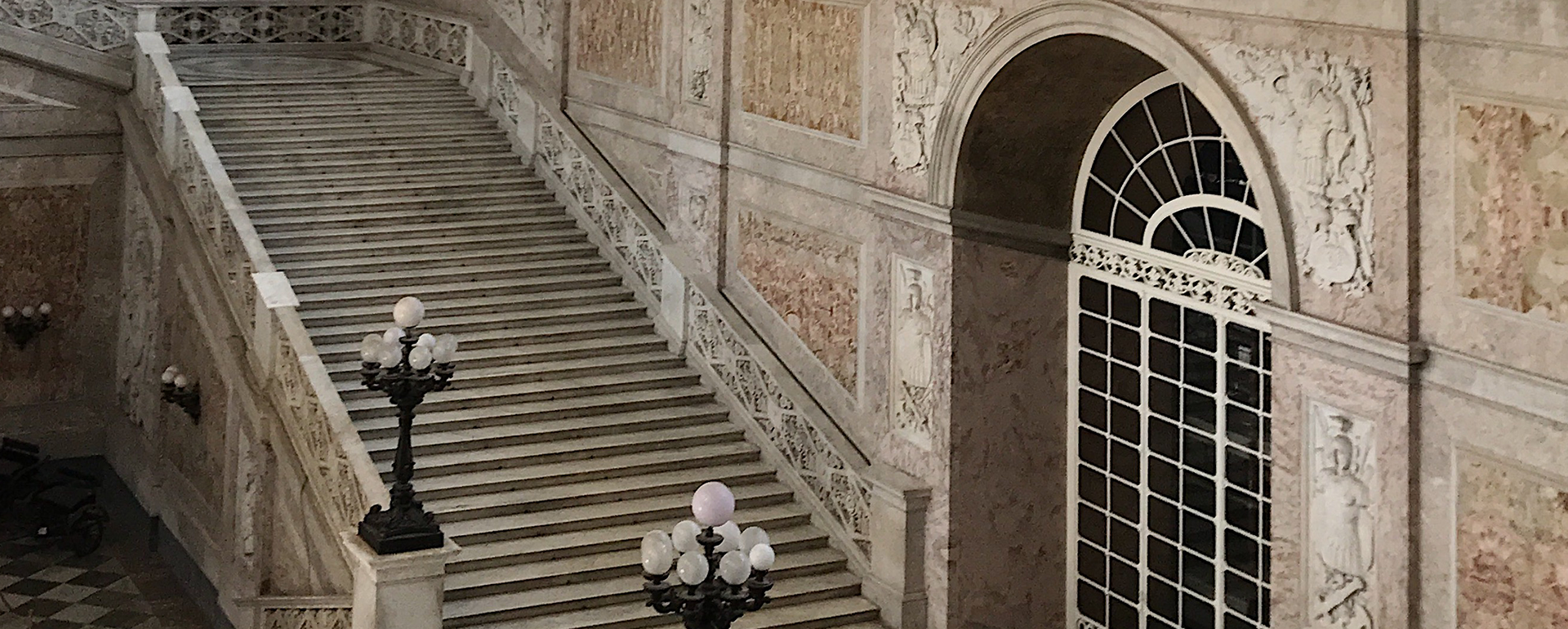
Unless it is necessary to fly in on land, we suggest taking a train, so you can take in all the beauty of Italy’s land, but also it will take you directly to the center of the town where you’ll be able to go anywhere by taking Naples’ wonderful Metro. Naples’ metro/subway system is in itself an artwork, as each station has a theme.
The truth is that as our curator sentimentally gushes over the phone, anytime is the right time to go to Naples. Naples is beautiful all year round and during each season you can truly experience a variety of differing affairs. The summer is beautiful because of course, you can enjoy the seaside in Naples, but also across the riviera. But it can also get very very hot. During late autumn and early winter, the seaside is beautiful because of its purplish sunsets.
Some of the places preferred by our curator are the Casa Morra Foundation, as it is one of the few museums unknown to the public, which lives by little means. It has a Neapolitan, octagonal staircase designed by San Felice, so when you climb the stairs it's a mesmerizing sight for the eyes.
One of the best preserved secrets in town is la Farmacia degli Incurabili – one of the most evocative places in Naples where science has met art. Located in the historic center of the city, not far from the upper decumanus (now Via dell'Anticaglia), la Farmacia is decked in Baroque-Rococo style and it was once a drug laboratory and a meeting point for the elite of the Neapolitan Enlightenment. Closed after the earthquake of 1980, it was restored and reopened for visits only in 2012.
Close by, you’ll find the San Severo Chapel, home to the famous Veiled Christ, renowned world over for the remarkable tissue-like quality of the marble, feats of virtuosity such as Disillusion, and enigmatic creations such as the Anatomical Machines. Like the Farmacia, the Chapel is veiled in the mysterious past of its owner, who was probably linked to alchemy.
A private museum hosting a unique series of eighteenth and nineteenth centuries weapons and armor from China, Japan and Turkey, Museo Filangieri is unique in the way that it doesn’t look Neapolitan at all. It is just genuinely worth a visit, due to its marvelous interiors.
If you’re passionate about classical art, then Quadreria Girolamini is another must see - just like the Museo Filangieri, it is known as much by tourists. La Quadreria is hosted inside the Casa dei padri dell'Oratorio di San Filippo Neri , and the most mesmerizing part of its collection is actually, its library, which hosts an enviable collection.
Lovers of contemporary art should pay a visit to Museum Hermann Nitsch which is home to a fantastic collection. But not just that. The Museum is also home to one of the only publicly visitable terraces with a view over the gulf of Naples, from Materdei.
Finally, a must visit for history buffs is at Naples’ Royal Palace which has represented for over three centuries the center of power in Naples and throughout southern Italy. With its gray and red mass overlooking Piazza Plebiscito and the gulf, it constitutes a real gateway to the city towards the sea. Inside this imposing and severe building are hidden a series of arcades, courtyards and gardens that lead to spaces once occupied by the court and the many service functions of a royal palace.
Architecture lovers will want to stay at Naples’ Royal Continental Hotel. The swimming pool on the tenth floor was designed by architect Gio Ponti specifically for the Neapolitan hotel. Putting it on the rooftop, Ponti wanted to create an ideal dialog between architecture and nature (with the Castel dell'Ovo to the south and the hill of Pizzofalcone to the north). Enclosed on three sides by low walls, these screens seem intended to isolate the whole space of the roof from outside. The only view they leave open is the vista of the peninsula of Sorrento, as well, naturally, as a view of the sky, of infinity.
One cannot simply leave Naples without having had a drink or breakfast at Naples’ fanciest bar, Gambrinus, and having tried one of the best Pizzas in town, at Pizzeria Concettina ai tre Santi, in the neighborhood of Sanità.
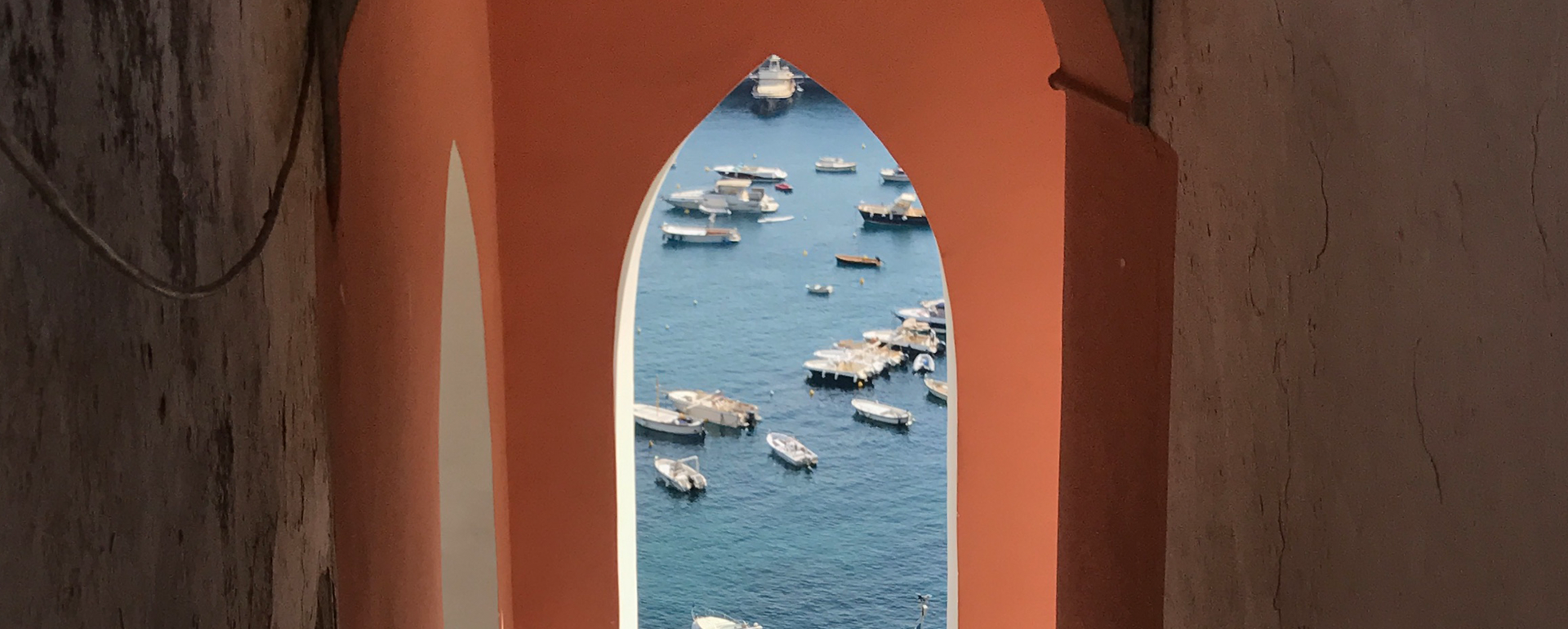
From here our curator suggests taking a car and driving to Sorrento, to spend a day or two lounging, beach side at the Hotel La Minervetta. Perched on the ridge overlooking the gulf, La Minervetta is known for its beautiful interiors, decorated using a palette of mediterranean inspired colors. Our curator suggests having an aperitif while sipping on a limoncello spritz while enjoying the sunset.
Another great place where one could stay in Sorrento is the Hotel Parco dei Principi di Sorrento. Designed by Gio Ponti, it is a classic of the Sorrento Riviera, and a beautiful place to switch off for a few days.
But where to eat in the area? Arriving at Zi'Ntonio Mare, situated on the shores of Marina Grande in Sorrento, one is immediately struck by the fragrance of the aromas emanating from the appetizing dishes, typical of this seaside village. Here, in the enchantment of the fishermen's village, are served the traditional dishes of Italian cuisine, warm and aromatic, flanked by a fish cuisine extraordinary for its variety, freshness and delicacy. This place is perfect for a night spent celebrating in true Sorrento style.
Another great place where one could enjoy a wonderful meal is at O’Puledrone, a well-known family -owned restaurant where gastronomy meets the art of fishing that has been practiced for generations by the fishermen of Marina Grande. O’Puledrone offers its guests dishes that are based on the excellent culinary tradition of Sorrento.
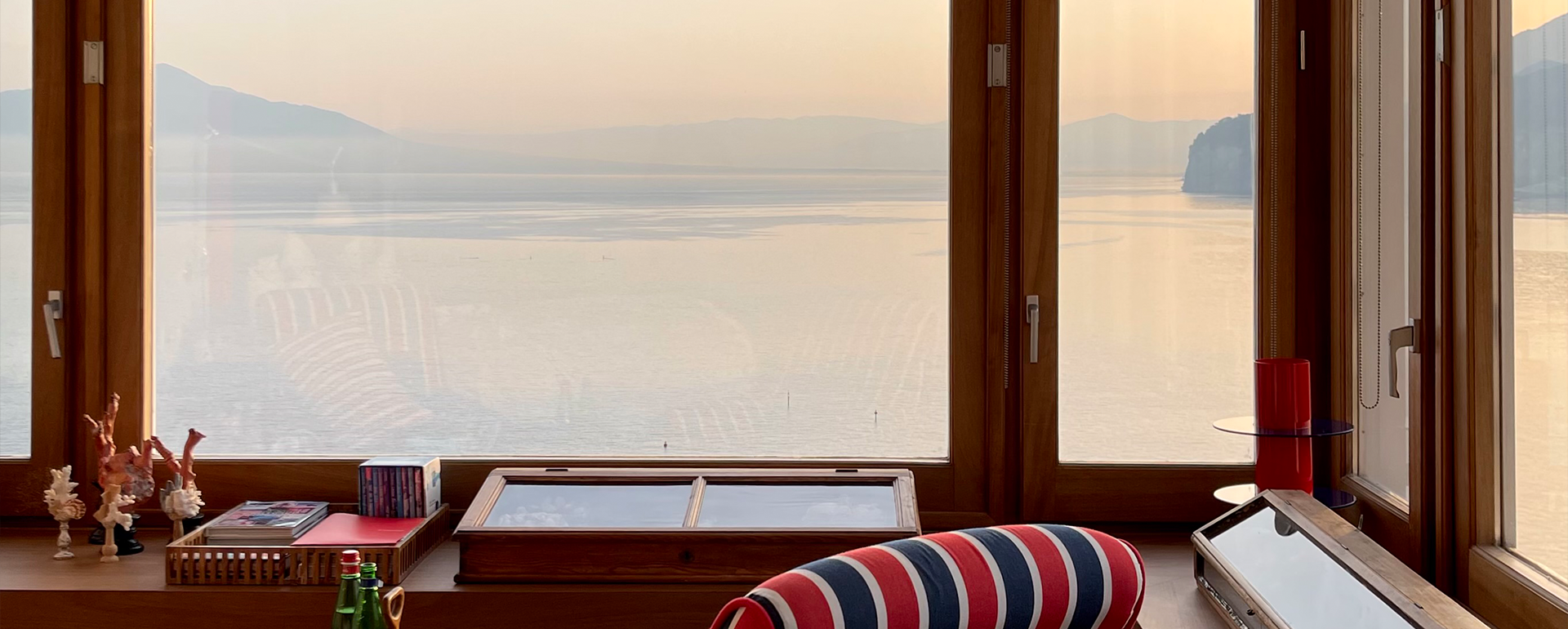
From here, our curator suggests taking a boat to Capri, where the last end of our trip will take us. Known across the world for its charm and the glitziness and glam of its jet-setting guests, Capri is actually an island full of culture, which has also attracted many writers and creatives.
Not surprisingly, some of the villas, which were then home to creatives have now become museums open to the public. Take Villa Lysis, an eccentric outpost built in 1904 by Count Fersen, a Parisian count who withdrew to the island of Capri in self-imposed exile to escape a series of scandals in his home country. It was here that the count had enough privacy to build a life with his Roman lover, Nino Cesarini, far from the gossip and scandal of Parisian society.
Likewise, Villa San Michele, located in Anacapri, was the dream home of the Swedish physician, Axel Munthe. Munthe first came to Capri in 1885. He built his villa on the ruins of an ancient Chapel dedicated to San Michele, following a series of sketches made on a wall.
Nearby Villa San Michele, in Piazza Vittoria, one can also find the chairlift to visit Monte Solaro, Capri’s most beautiful view. The journey to the summit of Capri's mountain takes just 12 minutes.
Last but not least, a visit to the Charterhouse of San Giacomo should be a must. Built in 1371 by Giacomo Arcucci, on land donated by Queen Giovanna 1st of Angiò, the Charterhouse of San Giacomo is the oldest historic building on the Island of Capri.
As there are only two beaches in Capri, and these are often associated with hotels and can be a bit pricey, we also suggest taking a boat around the island and spending the day diving in the deep blue waters of the gulf, discovering its nooks and crannies.
Our favorite hotel on the island is Hotel Punta Tragara. Designed by Le Corbusier, guests are treated to one of the most breathtaking and unforgettable views on the Island of Capri: the dramatic Faraglioni sea stacks which rise directly from the turquoise waves of the Mediterranean and the romantic Marina Piccola bay. Its restaurant, Monzu, also happens to be very good, and offers amazing sea-based dishes.
Other restaurants we’d suggest are Ristorante Mammà, a place specializing in Neapolitan cuisine just steps from the Piazzetta along the lane toward Santa Teresa at the former site of the storied Ristorante Gemma, where visiting intellectuals would gather in the 1930's; Da Emilia alla Curtiglia, a traditional Anacapri restaurant, with sea views and a stunning sunset over the Bay of Naples; and last but not least, La Terrazza di Lucullo, one of the most desirable dining venues on the island of Capri, perfect for a sunset aperitif, which was photographed by Ralph Crane in the 70s.
